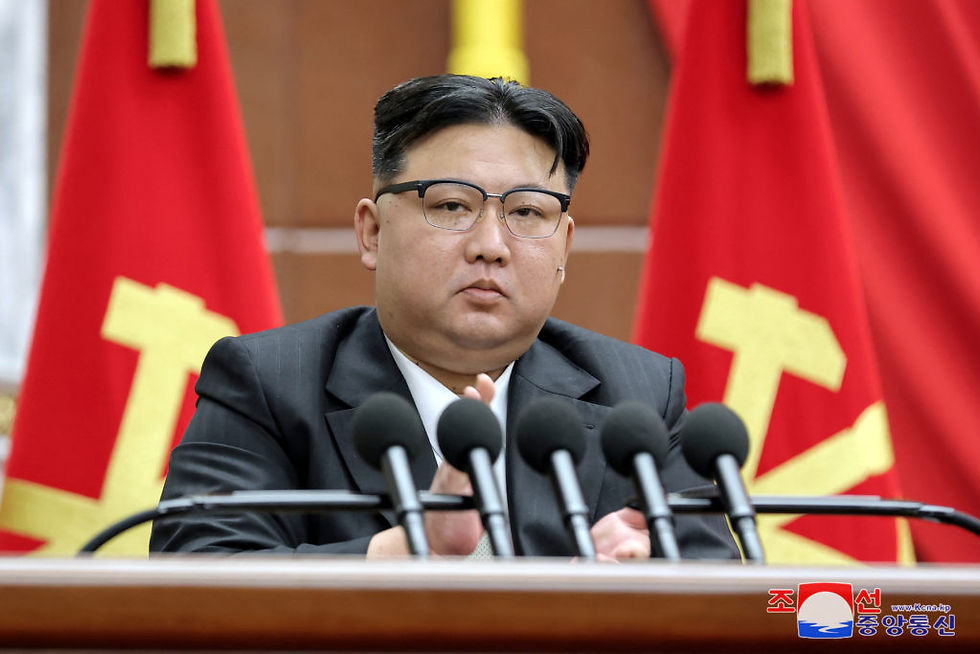North Korea Blasts NATO Summit Declaration as 'Illegal'"
- DERRICK INGARA

- Jul 14, 2024
- 2 min read
North Korea has vehemently denounced the alliance's condemnation of Pyongyang's alleged weapons exports to Russia, calling the document "illegal," according to state media on Saturday.
The joint declaration by NATO leaders this week lambasted North Korea for "fueling Russia's war of aggression against Ukraine" through "providing direct military support" to Moscow. The declaration also expressed "profound concern" over China's industrial backing of Russia.
North Korea has consistently denied allegations of arms shipments to Russia. However, in June, an agreement between North Korean leader Kim Jong Un and Russian President Vladimir Putin included a pledge of mutual military aid if either nation were attacked, raising eyebrows internationally.

Pyongyang's Korean Central News Agency reported that the foreign ministry "most strongly denounces and rejects" the NATO declaration. A ministry spokesman was quoted saying the declaration "incites new Cold War and military confrontation on a global scale," necessitating "a new force and mode of counteraction."
Amidst the NATO summit, the United States and South Korea signed new guidelines to enhance an integrated deterrence system for the Korean peninsula, aimed at countering North Korea's nuclear and military threats. According to South Korea's presidential office, the two allies will conduct joint military drills to implement these guidelines, which include the deployment of U.S. nuclear assets on and around the Korean peninsula to deter and respond to potential nuclear attacks by Pyongyang.
Relations between North and South Korea are at one of their lowest points in years, with Pyongyang ramping up weapons testing and drawing closer to Russia. Following a series of balloon-borne provocations from the North, South Korea last month suspended a tension-reducing military agreement and resumed live-fire drills near the border.
As the geopolitical chessboard shifts, the rhetoric and military posturing from both sides suggest a new phase of heightened tensions and potential confrontation on the Korean peninsula. The global community watches with bated breath as the possibility of a "new Cold War" looms ever larger.























コメント